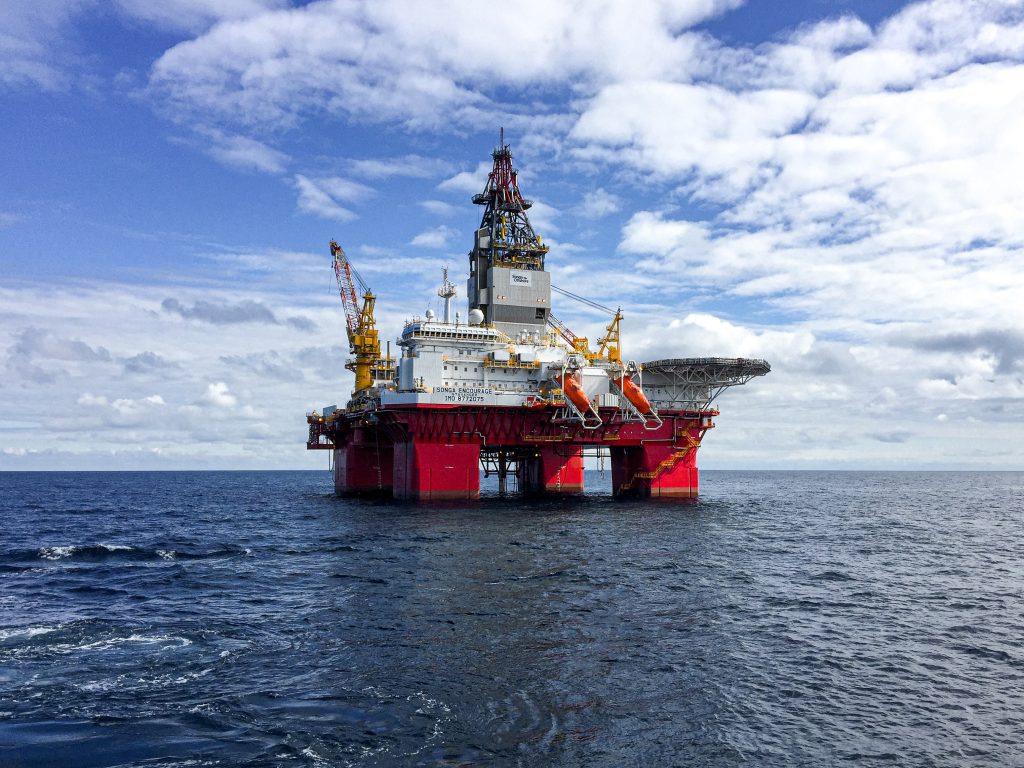Oil is one of the most valuable natural resources in the world, and it plays a critical role in powering modern society. From fueling transportation to heating homes and generating electricity, oil is used in countless ways in our daily lives. Despite its importance, many people know very little about this fascinating substance.
Let’s take a closer look with these 10 interesting facts about crude oil, and what makes it so unique.
1. What exactly is oil made from?
Oil is formed from the remains of ancient plants and animals that were buried under sedimentary rock millions of years ago. It’s typically made up of a mixture of hydrocarbons, which are organic compounds made up of hydrogen and carbon atoms.
2. Pumping it up
The world’s first oil well was drilled in Pennsylvania in 1859 by Edwin Drake. It produced around 10 barrels of oil per day. Today, global oil production is around 90 million barrels a day!
3. The refining process
The refining process is used to separate crude oil into different components, such as gasoline, diesel, and jet fuel. This is done through a series of physical and chemical processes, including distillation, cracking, and reforming. The goal of oil refining is to produce products that are usable in a variety of applications, such as transportation, heating, and power generation. Refining is a complex and energy-intensive process that requires advanced technology and expertise.
4. Countries with the largest reserves.
Saudi Arabia has the largest known oil reserves in the world, followed by Venezuela, Iran, and Iraq. Oil reserves are still being discovered today. In 2015, ExxonMobil located an estimated 8 billion barrels worth of high-quality crude oil off the coast of Guyana.
5. Largest consumer of oil
The United States is the world’s largest consumer of oil, followed by China, India, and Japan, with oil consumption worldwide reaching approximately 94 million barrels per day in 2021. source: statista.com
6. Its the most traded commodity on earth
Oil is the most traded commodity in the world, with billions of barrels bought and sold every day.
7. Prices go up and down (but mostly up)
Oil prices can be affected by a variety of factors, including geopolitical tensions, supply and demand, and production levels.
8. Oil spills create environmental disasters
Oil spills have devastating environmental effects, including harming wildlife, contaminating waterways, and damaging ecosystems.
9. The greenhouse effect
Burning oil is a significant contributor to greenhouse gas emissions, which are a major cause of climate change. When oil is burned, it releases carbon dioxide and other greenhouse gases into the atmosphere, causing the Earth’s temperature to rise. According to the Intergovernmental Panel on Climate Change (IPCC), the use of fossil fuels like oil is the primary driver of human-caused climate change, and reducing our dependence on these fuels is critical to mitigating the impacts of climate change.
10. Finding a better, cleaner way
Alternative sources of energy, such as solar, wind, and hydroelectric power, are becoming increasingly popular as governments look for ways to reduce dependence on oil and other fossil fuels.
FAQs about Crude Oil
What is crude oil and where is it found?
Crude oil is a naturally occurring liquid that is found in underground reservoirs. It is formed over millions of years from the remains of ancient plants and animals that were buried under sedimentary rock. Crude oil is typically extracted from the ground using drilling rigs and then transported to refineries for processing.
What are the different types of crude oil?
There are many different types of crude oil, each with its own unique properties and characteristics. Some of the most common types include Brent crude, West Texas Intermediate (WTI) crude, and Dubai crude. These different types of oil can vary in terms of their density, viscosity, sulfur content, and other factors, which can affect how they are processed and used.
What are the environmental impacts of using crude oil?
The use of crude oil can have significant environmental impacts, including air pollution, water pollution, habitat destruction, and climate change. The extraction and transportation of oil can also cause environmental damage, such as oil spills, which can harm wildlife and ecosystems. As a result, there is growing interest in developing alternative sources of energy that are more sustainable and less harmful to the environment.
Do you know any interesting facts about crude oil? Share them in the comments below!
Further reading:
https://facts.uk/tag/energy/
https://afdc.energy.gov/fuels/
https://corporate.exxonmobil.com/
